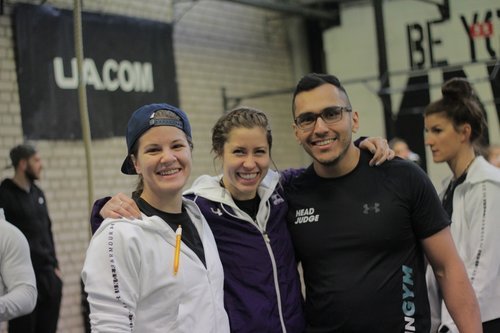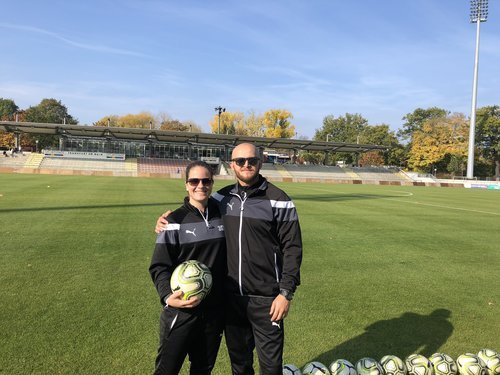Is your network a job search engine or a community?
If you’ve got an account on any major social networking platform in the year 2019, you’re going to know exactly what I’m talking about.
You know those messages you get, usually from someone you don’t follow on Instagram and you have to check that weird “other” inbox, or from somebody you literally just connected with on LinkedIn?
More often than not, they are spam messages; the most basic, dry copy-paste with the occasional individualised greeting at the top.
Some of the time, they’re just another somebody asking for professional your advice or services for free.
Or, even better and even though I have never ever talked to this person before in my life, they would like my help finding a job. Or they want to collaborate. Or they want want want want want something from me to help them grow their reach.
Other times (hopefully not often), it’s a troll.
In the occasional such missive with even the slightest bit of sincerity or customisation, I am taken aback.
You know what I mean?
That’s just “social media”. We consume a ton of content per day without actually thinking about it. We follow, friend, click “like” or (on a rare occasion) take a second to leave a comment, which somehow equates to being social.
But this is not an article bashing the internet or formulating philosophical arguments about the evils of Instagram.
I love SM; I’m very active on Instagram, Twitter, and LinkedIn.
But I use it differently. And that’s what I want to talk about.
WHEN INSTAGRAM GOES DOWN, WHAT DO YOU HAVE LEFT?
A few months back, we experienced the great Instagram Scare of Spring 2019; it went “dead” for several hours, and users were able to use the app only intermittently, if at all.
Influencers and businesses who make profit from their Instagram accounts went nuts. That’s their revenue source. It made sense.
Remember when your mom said not to make friends on the internet? Some of my online connections have become my closest friends in real life. Have the damn conversation!!
I, for one, being a multi-dimensional millennial (lol), immediately opened Twitter and LinkedIn, instead of splitting my SM time allotment three ways with Instagram. After having a Good Clean Cackle at the screenshots of people freaking out about the shutdown, I went about my business in a normal workday.
It made me think, though.
IT’S ABOUT THE CONVERSATIONS.
My cousin is a respected entrepreneur in the tech startup world somewhere between NYC and Silicon Valley. When we began scaling the consulting side of White Lion, he recommended a periodised, strictly-adhered-to schedule of networking as our first priority.
When Instagram goes down, nobody is going to care what your handle was. Play Game of Phones while you still can!
“It’s not about the jobs, Julia,” he told me firmly. “It’s about conversations. You can measure how well you do your job by the number of conversations you have in a week. This is about building a really big, diverse community around yourself.”
After explaining to him that cold emailing was not a part of my ministry and playing the “see, the way my anxiety is set up…” line a few times, he convinced me to try it for a month and keep track of how many conversations I had per week with tally marks.
(For being even younger than I, he is absolutely brilliant. I blame it on the Smartass Syndrome and To-The-Pointedness we acquired to survive in this wild international family. Don’t tell him I said that.)
Turns out, that was some of the best advice I ever received… so much for that Sport Business & Management minor.
And Game of Phones began.
I began a quest to reach out to ten people every week, asking for 15 minutes of their time on the phone or to a coffee (on me) in person.
I started with experts directly in my field. I then expanded outside of that to other sports beyond soccer and jobs outside of S&C and sport psychology. We then talked to coaches, journalists, managers, doctors, professors, and business people. We reached out worldwide. Anyone under the umbrella of “High Performance Anything” was someone we wanted to talk to personally.
I introduced myself as appropriate to each context; a young entrepreneur, coach, consultant, former athlete, or soon-to-be psychologist.
I kept it brief, professional, and about them.
On average, we had a response rate of 80% to emails and success rate of about 65% for an actual call or meeting. I had about six conversations per Skype, Zoom, or phone each week for months. In any given week, I was speaking to people in 3 or 4 different time zones.
Meetings always started with very brief small talk, gratitude, and then we got straight to the point. Whether they gave 10 minutes or 90 minutes of their time, I kept it concise, respectful, and focused on the point. Sometimes they would ask about my work and about White Lion. Sometimes they had a connection for me or point me to someone who I would be interested in talking to. Sometimes they wanted to collaborate on a project. Sometimes they also kept it brief and punctual.
But I never once, in hundreds of conversations, asked for a job.
However, that often came later.
A few connections reached out later to collaborate. Some recommended my services to others. A few passed my name and contact along to someone who could help me. And others just provided me valuable information and experience.
DO YOU REMEMBER THE NAME OR THE HANDLE?
Here’s the point:
It’s really easy to hide behind our screens on social media and just consume content with minimal effort.
If the internet shut off tomorrow, how many names, job titles, and contact information of your followers or “friends” will you remember?
How many people can you go back and talk to when you can’t just DM them?
Remember when your mom said not to make friends on the internet? Some of my online connections have become my closest friends in real life. Have the damn conversation!!
How many people would you even want to connect with if Instagram shuts off forever?
If our “network” is strictly built through social media, if it’s only built on the basis of “how can you help me”, that’s a job board. It’s a search engine. But it’s not a network.
A network is a community.
It’s not spam messages. It’s really messages with actual, purposeful content.
It’s not likes and emojis. It’s meaningful exchanges and challenging thoughts.
It’s not follow/unfollow. It’s work and upkeep and takes practice.
It’s not consuming. It’s learning and growing and expanding.
It’s not about the jobs. It’s about the conversations.
And it’s not about wasting time. It’s building an empire and tapping into the mastermind for the future.
After an intense round of Trial & Error (feat. Caffeine & Anxiety) in my quest for creating a community and having more conversations, I would now like to present you with Introvert Community-Building 101:
TIPS FOR EXPANDING YOUR COMMUNITY:
Take time to connect with an acquaintance (or a stranger) once a week. It takes minimum effort and even less time to reach out to someone via SM or email once every seven days. It may be someone in your industry, someone you admire, someone whose content you enjoy, or someone entirely outside of your usual community. I usually start with a DM, if we have briefly connected on SM (mutual follows, likes, previous informal DMs), or go straight to email with people who I have not previously connected with OR are in a more formal role (professors, researchers, team staff, etc.). Keep it professional.
Get outside your conventional circle. Some of the best, most helpful conversations I had were with people outside of my direct professional sphere; people outside of soccer, non-coaches, or people out of sport altogether. Everybody has a different perspective and set of experiences, and we can benefit from those insights. Get out of your friend group and into your Un-Comfort Zone if you really want to learn.
Provide value up front. Consider how annoying it is to be asked for favours constantly by people you don’t know and don’t owe, even if you want to help. Come in first with how you can provide them value and then go for the ask; they’re the ones with the leverage, so make your ask an offer.
Be punctual on emails, calls, and meetings. This should go without saying. If you reached out, you are working on their time. Be flexible in scheduling, show up on time, and keep it concise. If you asked for 15 minutes, don’t plan for them to give you an hour.
Ask for a connection. Once you’ve made the connect, especially if you’ve talked on the phone or met in person, feel out the situation. If the relationship thus far is positive, helpful, and open, you may consider asking the person for a further connection. I usually do this by saying near the end, “I really appreciate your time and your insights on this issue. Can you think of anyone else I should connect with to discuss this further and collect more feedback?” Adjust as necessary. Don’t make it direct a “do you know somebody who can get me a job?” ask unless 1) that’s the premise and mutual expectation of the discussion or 2) you enjoy ruining good things.
If you say you’ll follow up, do it. Nobody likes to be used and discarded. If you said you would write an email in a week, remind them of something later, send them that article you discussed, or anything else, just do it. Not fulfilling your promise will immediately take points off your Credit(bility) Score.
Express gratitude. Okay, so maybe you didn’t promise to follow up and you have no reason to contact that person again, whether you got what you needed or just aren’t interested. Either way, sending a quick, sincere, customized “thank you so much for your time” email is invaluable for the future, as well as just polite. Extra Credit: send a follow-up Thank You in the future if you recall or use something they spoke on, recommended, or taught you.
The big thing here is that, to make the connection, don’t go in with expectations. Bring them value, keep it professional and positive, fulfil your side of the bargain, express gratefulness for their valuable time and information, and leave the exchange in as positive a light as possible.
You truly never, ever know what can come from this.
I’ve connected with people who, months or years later, “thought of” me for a certain opportunity, shared information I might be interested in, or spoke positively of me to someone influential.
Keep. It. Positive. And. Professional!
TIPS FOR MAXIMISING YOUR COMMUNITY NOW:
Send one encouraging message to a connection per week. Keeping contact is important. Like I said, this Game of Phones thing takes some serious upkeep, but sending a single, thoughtful, personalised message to one person per week should be doable, and it makes people feel valued and encouraged. Make strong connections and keep them strong!
Don’t take things personally. If someone in your network doesn’t return the message, doesn’t have time, or disagrees with you, don’t take it personally. Everyone works within their own contexts, and we often have no reference point for what that situation may be.
Talk to people who challenge you. Your connections should make you think… really hard and really often. Although I don’t recommend constantly debating about things (unless that’s your shit, in which case, enjoy!), having differing perspective and ideas can have a tremendous impact as you as a professional and a person. Create a circle of people who, out of care for you, will call you on your shit, challenge your thought process, ask insightful questions, course-correct you, and celebrate you too. And you must do the same; this relationship is a true gift.
Remember stuff. Was this person switching jobs? Did that person’s team win a championship? Has this person recommended someone to you? Write it down, peep your notes here and there, and check in. Ask them how that job search is going. Congratulate them on their promotion. Send greetings when their teams win. Remembering small details makes people feel so valued.
Pay attention. Taking notes during or after a conversation is truly helpful. It’s totally cool to ask for time to collect your thoughts and formulate a question or answer, if the conversation is going too quickly. However, let me keep it all the way real with you: if you’re on your phone or clearly otherwise distracted while we’re “connecting”, I’m looking for the quickest exit route possible from this situation.
Go deep & be creative. It’s important to keep it professional at first. But you will most likely connect with some people where… you just connect. Suddenly you’re talking deep life philosophy and world-changing stuff like old mates with someone you’ve maybe never met in person. That’s special. Keep those people around and don’t be afraid to push past the basic Qs & As. Nobody wants to be interviewed repeatedly, so get creative!
Listen.
When people figure out you’re interested, that you’re genuine, that you care…
…they often want to help you. For free.
But most people have alarmingly good Bullshit Alarms. If you’re not being legit, even if you’re charismatic and charming, forget about it.
Build your community because you want to grow and be better. Not because you want that job.
And I would bet that, when your community does help you get a job, you’ll actually be ready for it and have people to ask when you need help.
Just have the damn conversation.


